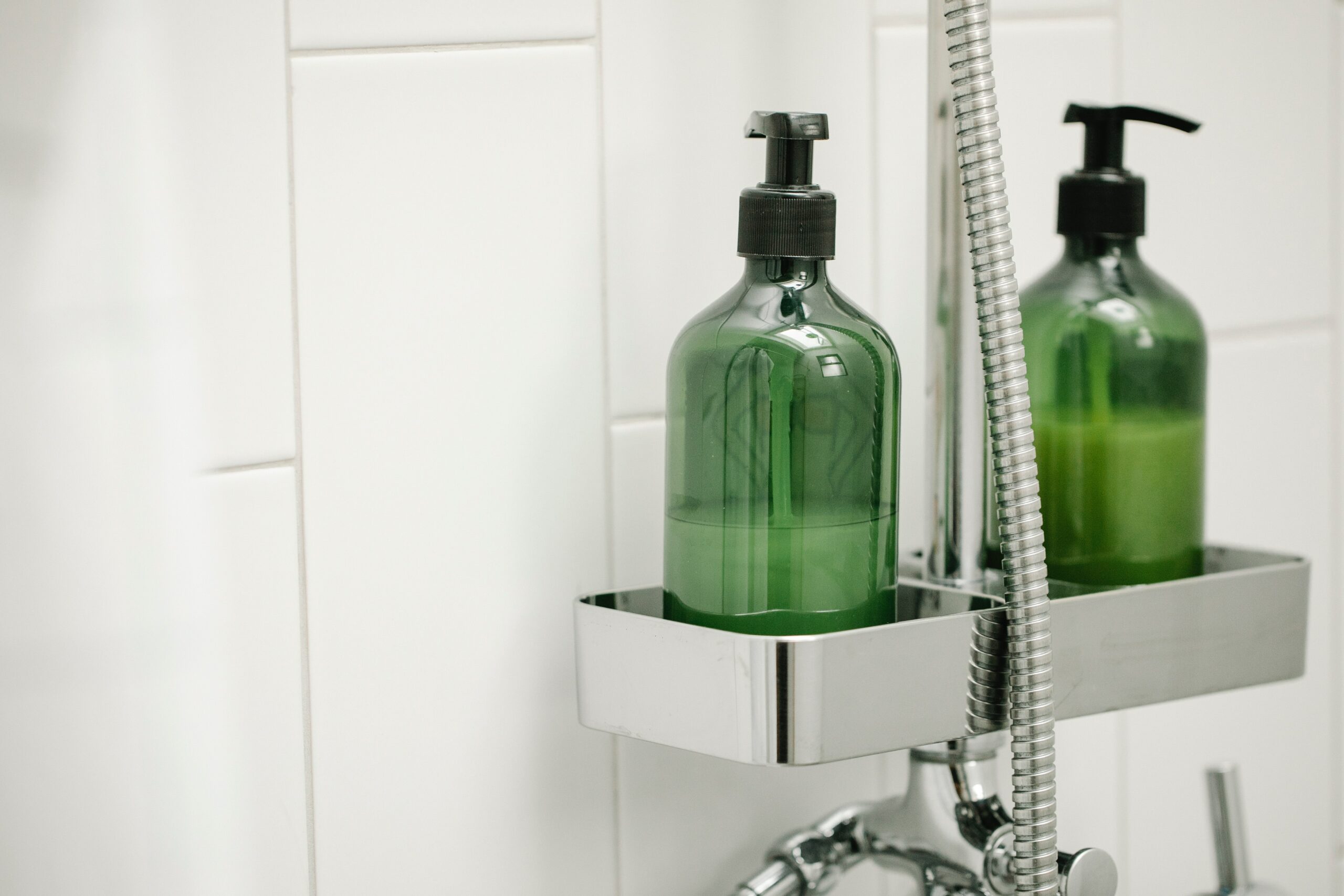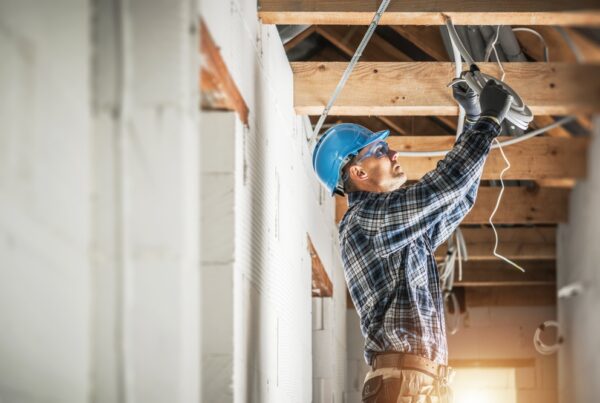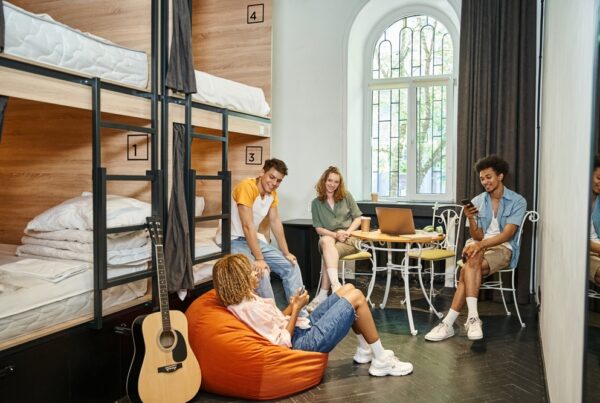In this post-pandemic era, managers need to ensure that all amenities are not only going to provide effective cleaning solutions for all guests, allowing for an easy and comfortable stay, but are minimising the possible spread of infections as much as possible.

In fact, the government is still suggesting the use of high-grade, toxic cleaning and single-use products to ensure the safety of all guests. However, constantly throwing away and replacing semi to completely unused products in the name of sanitation can have dire effects on the environment.
In a 2017 study published by Science Advances, it was estimated that “8300 million metric tons as of virgin plastics have been produced to date”, and according to the Australian Marine Conservation Society, “eight million tons of plastic are dumped into our oceans every year”. Evidently, drastic measures need to be taken to ensure the integrity of our planet.
Herein lies the question: is it possible to have effective, sanitary amenities without laying an abundance of contaminative waste on our environment? The answer is quite simple: Yes.
When considering how to minimise one’s impact on the ecosystem through a hotel, apartment block, common area or office space, it’s still important to consider the overall aesthetic and experience of the guest. Whether it’s the bathroom, kitchen or shared living spaces, there are a variety of products to choose from that will ensure the occupants have an exceptional experience while being as clean and environmentally friendly as possible – and virus safe too, of course.
Bamboo
Bamboo is the best option for achieving high-quality re-useable products for all types of amenities. Bamboo has natural antibacterial properties and, depending on its production process, can be more environmentally friendly over other fabrics such as cotton and acrylic. When it comes to the bathroom, bamboo can be integrated through items such as toilet paper, tissues, cotton-buds, and toothbrushes. Common kitchen utensils such as dish scrubs, spatulas and straws can all be swapped out to bamboo as well to minimise plastic use.
While in the bathroom, consider using air-drying options over paper towels as towel distribution containers can often get blocked or rip sleeves unnecessarily, causing users to use more than what is required, inevitably wasting an excessive amount. For smaller spaces, single-use cotton or bamboo towels can be supplied alongside a basket for guests to throw used towels into to be cleaned at the end of the day.


Minimal waste cleaning products
The epitome of any over-night trip are the little staple shampoo, soaps and moisturisers left on the bathroom countertops, and many guests still hold these simple luxuries in high regard today. However, most of the options on the market are still using non-recyclable plastic containers.
Options such as natural shampoo, conditioner, soap, and moisturiser bars – preferably wrapped in recyclable packaging – are a great substitute that still give a luxurious experience for an individual without conceding to an overuse of plastic and toxic chemicals.
And when it comes to making sure each room smells as pleasant as the next, it can be hard to ensure toxic chemicals and flammable canisters aren’t expended. Essential oil diffusers are a great replacement to air mists and candles, adding a relaxing and lavish spa-like ambiance to any space. With an array of oils on the market to choose from, guests can choose which aroma they desire, again adding to the experience of any stay.
Re-usable product dispensers
If looking to cut carbon emissions and plastic use down even further, re-useable dispensers and containers are an excellent resource. Whether it’s for hair products, soap or complimentary water bottles and storage containers, a variety of materials can be considered when choosing an appropriate dispenser to suit the aesthetic of the space; options can include glass, metal, ceramic, or even stone.
Cleaning solutions
Depending on the duration of the stay or the size of the space, home cleaning products may also be necessary. Anything from floor cleaner to multi-purpose sprays, dishwasher powder and laundry detergent can be substituted for cleaner options.
Consider providing toxic-free liquids and powders or products that aren’t packaged in individual plastic wrappers that are damaging to our oceans and delicate eco-system.
For any sprays or disinfectants, it is recommended to buy in bulk as a concentrated form and to then re-distribute it into individual re-useable bottles. Toxicfree, chemical-free, and vegan options are up to the discretion of the buyer.
As previously stated, all options can of course be stored in re-useable containers and dispensers to cut down on any unnecessary plastic use.
Rubbish disposal
Plastic bags that are used for garbage disposal can take anywhere from 10 to 15 years to break down. Having recycled, compostable options help minimise this process, making it far less toxic for the environment.
Notable option:
When it comes to making any living space more eco-friendly, there are a few small, often forgotten about options that can make a significant impact long-term. Providing a range of complimentary re-useable shopping bags are a great addition for holiday-goers who don’t normally factor grocery bags in their luggage.
Providing amenities for any residential property or shared living space that are sanitary, aesthetic and environmentally friendly can seem like a tall order. However, with these recommendations, substitutions for a cleaner living space should simple and prove more cost-effective for your business in the long run.









